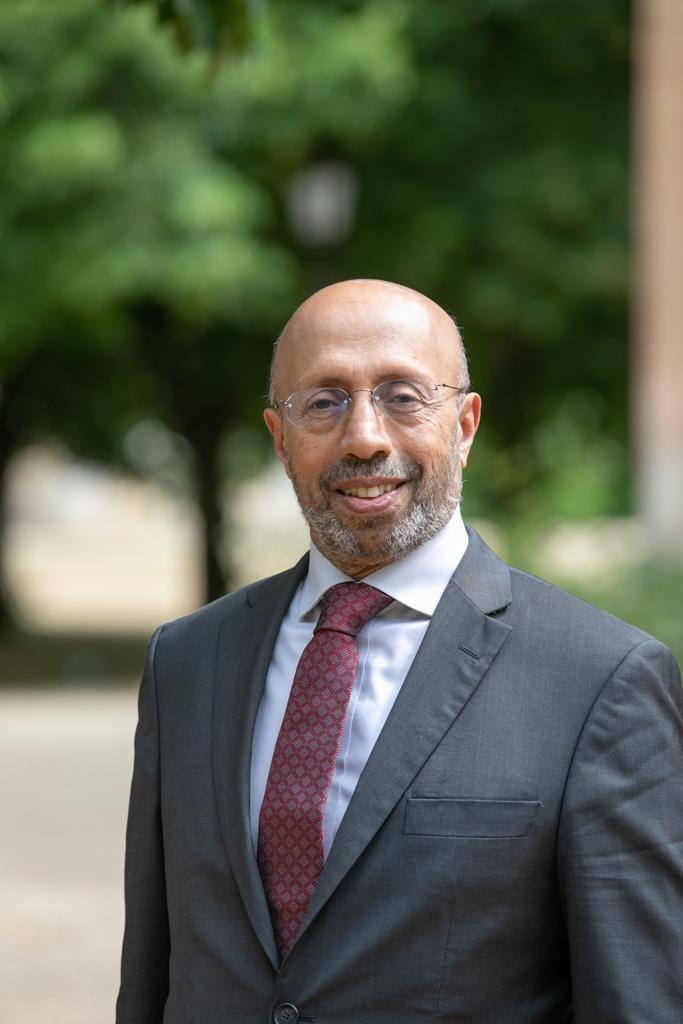Abdullah Baabood
Experts
Abdullah Baabood

Former Nonresident Senior Scholar, Malcolm H. Kerr Carnegie Middle East Center
About
Abdullah Baabood is no longer with the Malcolm H. Kerr Carnegie Middle East Center.
Abdullah Baabood was a nonresident senior scholar at the Malcolm H. Kerr Carnegie Middle East Center. Baabood holds the chair of the state of Qatar for Islamic area studies and is a visiting professor at the Faculty of International Research and Education at Waseda University in Tokyo.
Baabood’s areas of expertise include the Gulf Cooperation Council’s political, economic, and social development, the Gulf States’ external relations and regional security, as well as government policies and public-private sector relations in the Gulf.
Baabood has worked as a professor and a researcher at numerous colleges and universities in Asia and Europe. Throughout his career, he designed, implemented, and delivered training programs on comparative regional integration between the EU and the Gulf at the GCC Secretariat General (Riyadh) and other GCC Diplomatic Institutes. He also took advisory and consultancy roles for several international research projects, international conferences, and other public and private institutions.
Baabood earned his PhD in international relations from the University of Cambridge. He also holds a master’s degree in international relations and an MBA from the University of Kent and Strayer College/University, respectively.
Areas of Expertise
Education
PhD, International Relations, University of Cambridge, MA, International Relations, University of Kent, MBA, Strayer College/University
Languages
Arabic, English